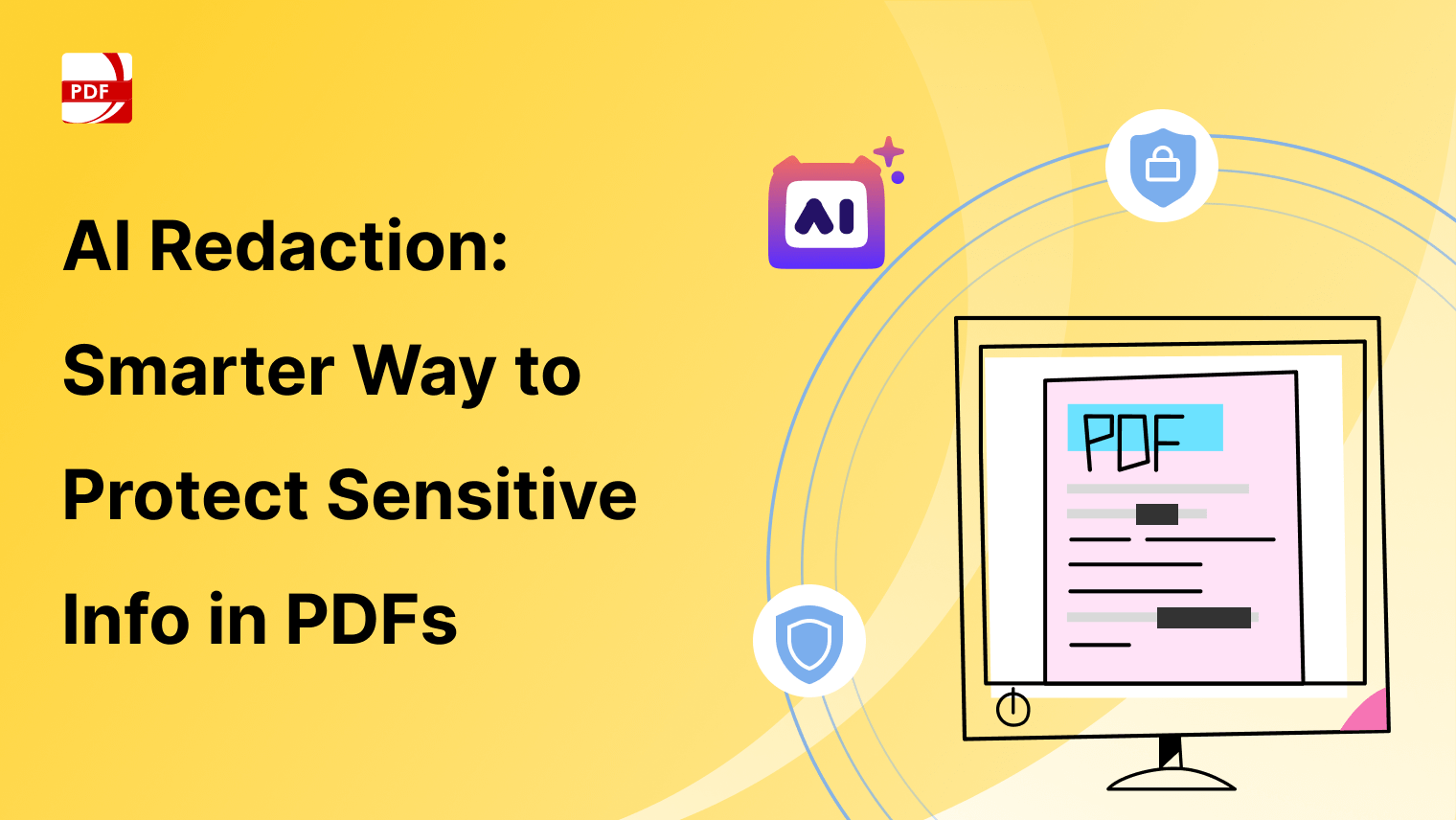Understanding legal cases and effectively communicating their key points is a fundamental skill for law students and legal professionals alike. One commonly used tool for this purpose is a case brief.
What is a Case Brief?
A case brief is a concise summary of a legal case that highlights the key facts, legal issues, court decisions, and reasoning. The primary goal of a case brief is to distill complex legal opinions into a manageable format, aiding in quick reference and comprehension.
Learn the art of writing a winning grant proposal with our guide!
Steps to Write a Comprehensive Case Brief
Follow these steps to cover all the key issues of your case brief using our template.
1. Read the Case Thoroughly:
Before attempting to write a case brief, it is crucial to read the entire case thoroughly. Understand the facts, legal issues, arguments, and the court's decision.
2. Identify the Key Components:
Break down the case into its key components, including:
- Facts: What happened? Identify the relevant events and circumstances.
- Issue: What legal question is the court addressing?
- Decision: What was the court's ruling?
- Reasoning: Understand the court's logic and the principles applied.

3. Create a Case Brief Template:
Design a template that includes sections for facts, issues, decision, reasoning, and any dissenting opinions. This template will serve as your guide for organizing information.
4. Summarize the Facts:
In a few sentences, succinctly outline the crucial facts of the case. Focus on the relevant events that led to the legal dispute.
5. Identify the Legal Issues:
Clearly articulate the legal issues presented in the case. These are the questions the court must answer to resolve the dispute.
6. Examine the Court's Decision:
State the court's decision on each legal issue. Note whether the decision is an affirmation, reversal, or modification of the lower court's judgment.
7. Understand the Reasoning:
Delve into the court's reasoning. Identify the legal principles, precedents, and policies that influenced the decision. This is the heart of your case brief.
8. Include Dissenting Opinions (If Any):
If there are dissenting opinions, briefly summarize them. Understanding opposing viewpoints adds depth to your case brief.
9. Use Concise Language:
Be concise and to the point. Eliminate unnecessary details and focus on the information essential to understanding the case.
10. Create a Well-Organized Document:
Ensure your case brief follows a logical structure, moving from facts to issues, decision, reasoning, and dissenting opinions if applicable. A well-organized document is easier to review and reference.
11. Review and Revise:
After drafting your case brief, review it for accuracy and clarity. Revise as needed to ensure a polished and error-free document.
Explore our expert recommendations on crafting the perfect legal brief!
Additional Tips for Writing an Effective Case Brief
By following these steps and incorporating these tips, you'll be better equipped to write clear, concise, and comprehensive case briefs.
-
Use Abbreviations and Symbols: Develop a system of abbreviations and symbols to speed up the case brief writing process. This helps maintain conciseness.
-
Focus on Key Details: Concentrate on the critical details that influenced the court's decision. Avoid unnecessary information that doesn't contribute to understanding the case.
-
Practice Consistently: Writing case briefs is a skill that improves with practice. Consistently brief cases to refine your ability to extract and communicate essential legal information.
How to Download PDF Reader Pro
PDF Reader Prois a robust and versatile application designed to meet your PDF file format needs with built-in features for viewing, editing, and merging. With a user-friendly interface and a range of powerful additional features, it stands out as a comprehensive solution for handling editable documents.

The simplest method to get PDF Reader Pro's key features is to click the download button below:
FAQs About Writing a Case Brief
Here are some commonly asked questions with all the answers you need!
Why is understanding the Rule of Law important in construction-related case briefs?
Understanding the Rule of Law is fundamental in construction-related case briefs as it provides the legal framework within which construction professionals operate. It ensures legal actions are taken within established norms and principles, shaping decisions in construction projects.
How can law students apply the Rule of Law in case briefs for construction-related matters?
Law students should apply the Rule of Law in construction-related case briefs by identifying relevant evidence, understanding procedural history, and analyzing appellate court opinions. This application ensures a solid foundation for legal arguments within the construction industry.
Is the Rule of Law applicable to legal actions in the construction sector?
Yes, the Rule of Law is applicable to legal actions in the construction sector. Legal professionals must adhere to established rules and principles when taking legal action in construction-related matters.
How does the Rule of Law impact the decisions of the Supreme Court in construction cases?
The Rule of Law serves as the guiding principle for Supreme Court decisions in construction cases, ensuring consistency and adherence to legal standards within the legal community.
Can construction professionals benefit from understanding Black Letter Law in case briefs?
Yes, understanding Black Letter Law is beneficial for construction professionals in case briefs. It provides a clear and concise interpretation of well-established rules and principles applicable to construction-related legal matters.
What role do concurring opinions play in construction-related case briefs?
Concurring opinions in construction-related case briefs represent additional perspectives that align with the majority decision. Understanding these opinions provides insight into the legal reasoning and nuances within the construction legal community.
How do dissenting opinions contribute to case briefs in the construction industry?
Dissenting opinions in construction case briefs present contrasting viewpoints, highlighting differences of opinion within the legal community. This adds depth to the understanding of legal issues specific to construction projects.
Are numerous rules applicable to construction-related case briefs?
Yes, construction-related case briefs may involve numerous rules governing different aspects of construction law. Identifying and applying these rules is essential for constructing well-supported legal arguments.
How can law students effectively analyze appellate court opinions in construction case briefs?
Law students can effectively analyze appellate court opinions in construction case briefs by considering the procedural history, concurring and dissenting opinions, and ensuring alignment with the Rule of Law.
Are well-established rules crucial for constructing a case brief in the construction industry?
Yes, well-established rules are crucial for constructing a case brief in the construction industry. They provide a solid foundation for legal arguments and ensure consistency in legal interpretation within construction-related matters.
By addressing these frequently asked questions with a focus on legal principles and their application in the construction sector, you'll gain a deeper understanding of how the Rule of Law shapes case briefs for construction professionals and law students alike.








 Free Download
Free Download  Free Download
Free Download 





 Support Chat
Support Chat